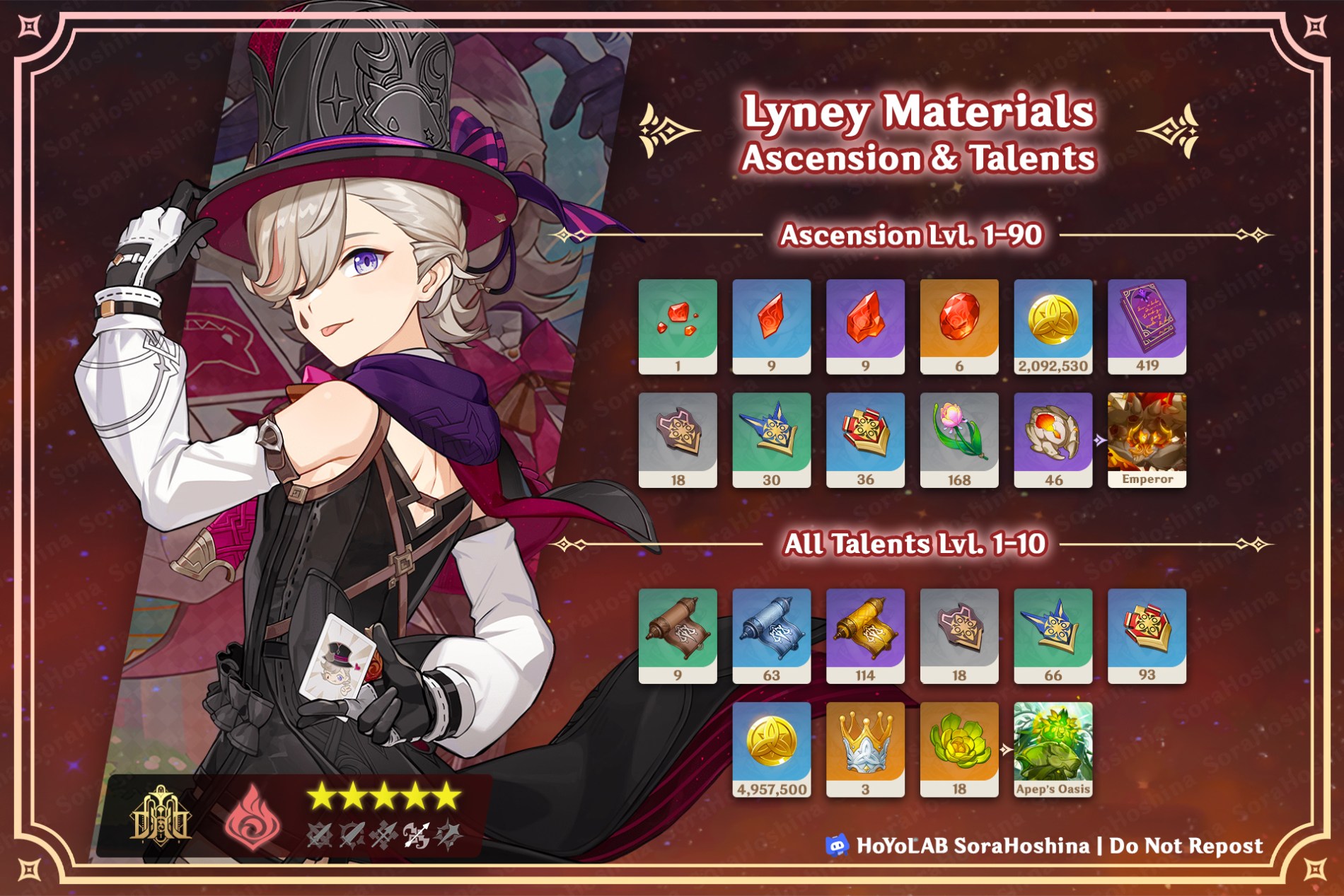Unlock Skillful Coding: Essential Tips & Tricks

<!DOCTYPE html>
Mastering the art of coding is a journey that requires patience, practice, and the right strategies. Whether you're a beginner or an experienced developer, unlocking skillful coding involves more than just writing lines of code. It’s about understanding best practices, optimizing your workflow, and continuously learning. In this guide, we’ll explore essential tips and tricks to elevate your coding skills, ensuring you write cleaner, more efficient, and maintainable code. From choosing the right tools to debugging like a pro, these insights will help you become a more proficient coder. (coding tips, coding best practices, improve coding skills)
Choose the Right Tools for Efficient Coding

The foundation of skillful coding lies in using the right tools. A powerful code editor or IDE (Integrated Development Environment) can significantly enhance your productivity. Popular choices include Visual Studio Code, PyCharm, and IntelliJ IDEA. These tools offer features like syntax highlighting, auto-completion, and debugging capabilities, making your coding experience smoother. Additionally, version control systems like Git are essential for tracking changes and collaborating with others. (best coding tools, IDE for coding, Git for developers)
Master the Art of Debugging

Debugging is an inevitable part of coding, but it doesn’t have to be a frustrating experience. Learn to use debugging tools effectively to identify and fix errors quickly. Most IDEs come with built-in debuggers that allow you to step through your code, inspect variables, and set breakpoints. Understanding common error messages and knowing how to read stack traces can also save you hours of troubleshooting. (debugging techniques, coding errors, stack traces)
📌 Note: Always test your code in small, manageable chunks to isolate issues more easily.
Write Clean and Readable Code

Clean code is not just about functionality; it’s about readability and maintainability. Follow coding conventions specific to your programming language, and use meaningful variable and function names. Break your code into smaller, reusable functions to avoid repetition. Commenting your code is also crucial, as it helps others (and future you) understand your logic. (clean code principles, coding conventions, code readability)
Leverage Frameworks and Libraries

Why reinvent the wheel when you can use frameworks and libraries? These pre-written code snippets can save you time and effort, allowing you to focus on solving unique problems. For example, React and Angular are popular for front-end development, while Django and Flask are widely used for back-end tasks. Familiarize yourself with the most relevant frameworks in your domain to streamline your workflow. (coding frameworks, libraries for developers, React, Django)
Practice Regularly and Build Projects

Coding is a skill that improves with practice. Dedicate time to coding challenges on platforms like LeetCode or HackerRank to sharpen your problem-solving abilities. Building real-world projects is equally important, as it helps you apply theoretical knowledge in practical scenarios. Start with small projects and gradually take on more complex ones to build confidence. (coding practice, coding challenges, build projects)
📌 Note: Consistency is key. Aim to code daily, even if it’s just for 30 minutes.
Stay Updated with Coding Trends
The tech industry evolves rapidly, and staying updated with the latest trends and technologies is essential for any coder. Follow tech blogs, attend webinars, and join coding communities to keep abreast of new tools, languages, and best practices. Platforms like GitHub and Stack Overflow are invaluable resources for learning and networking. (coding trends, tech industry updates, GitHub)
By implementing these tips and tricks, you’ll not only improve your coding skills but also become a more efficient and confident developer. Remember, skillful coding is a continuous learning process, and every line of code you write brings you one step closer to mastery.
What are the best tools for beginners in coding?
+Beginners should start with user-friendly tools like Visual Studio Code or PyCharm, which offer features like syntax highlighting and auto-completion. Git is also essential for version control.
How can I improve my debugging skills?
+Practice using built-in debuggers in your IDE, learn to read error messages and stack traces, and test your code in small chunks to isolate issues.
Why is clean code important?
+Clean code is easier to read, maintain, and debug. It also makes collaboration with other developers smoother and reduces the likelihood of errors.



